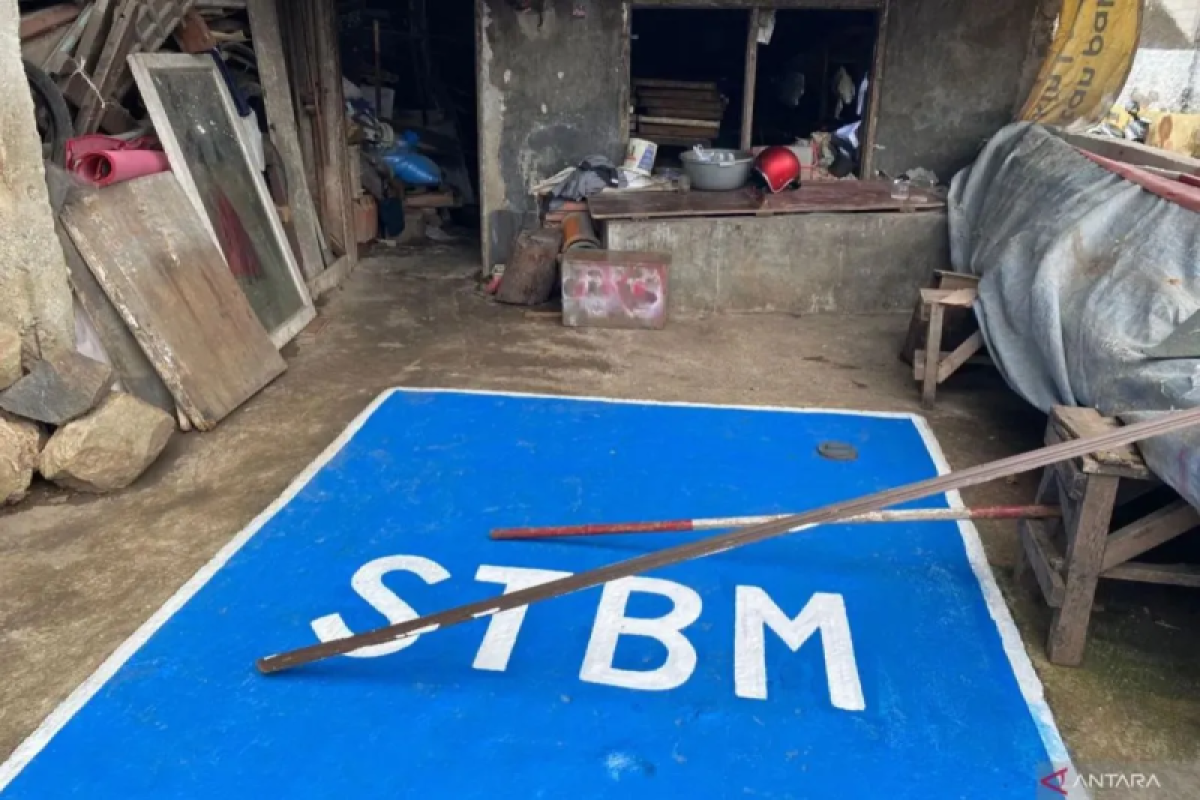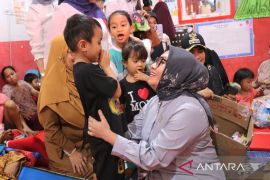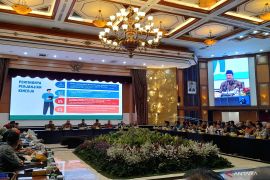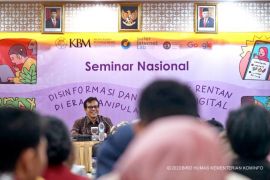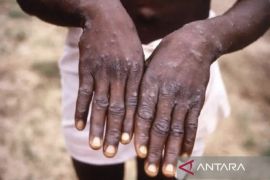WASHED stands for Water, Sanitation, Hygiene Education, and Deworming. According to Riyadi, these four components must run in balance to protect communities from parasitic infections.
“The Indonesian government has also adopted the WASHED concept through the Minister of Health Regulation No. 15 of 2017, which focuses on combating worm infections,” Riyadi said during an IDAI webinar on Friday.
He explained that Water refers to ensuring access to clean water, while Sanitation involves providing proper latrines to prevent human waste from contaminating the environment.
Hygiene Education requires effective community outreach on clean and healthy living habits from an early age, and Deworming is carried out through the provision of anti-worm medication to vulnerable groups.
Data from the Ministry of Health showed that in 2015, the prevalence of worm infections in Indonesia reached 28.12 percent, with 60 percent of cases among school-aged children and 30 percent among preschoolers.
The Ministry of Health has issued Regulation No. 15 of 2017 on Worm Infection Control, focusing on children aged 1 to 12 who are considered highly vulnerable.
The regulation aims to gradually reduce worm infection cases among preschool and school-age children by 10 percent and bring prevalence below 10 percent in every district and city across Indonesia.
As part of the program, the government implements Mass Drug Administration (MDA) for worm prevention every February and August, targeting children within the 1–12 age group.
Challenges, however, remain. In 2021, 26 districts and cities still recorded prevalence rates above 10 percent, despite the program being implemented since 2017.
Riyadi noted that this situation calls for stronger cross-sector collaboration to ensure effective control of worm infections.
“Addressing worm infections requires the involvement of all stakeholders. Community compliance with healthy living practices, along with government support, is crucial,” he said.
The WHO reported that as of 2023, about 1.5 billion people worldwide were affected by worm infections, mostly caused by roundworms, whipworms, and hookworms transmitted through soil.
In Indonesia, a recent case occurred in Sukabumi in July 2025, when a four-year-old child died after doctors discovered nearly one kilogram of live worms inside the body, which had spread to the brain.
Related news: IDAI urges government to control sugar content in food, beverages
Related news: IDAI stresses food safety to prevent diseases in children
Translator: Primayanti
Editor: Arie Novarina
Copyright © ANTARA 2025
